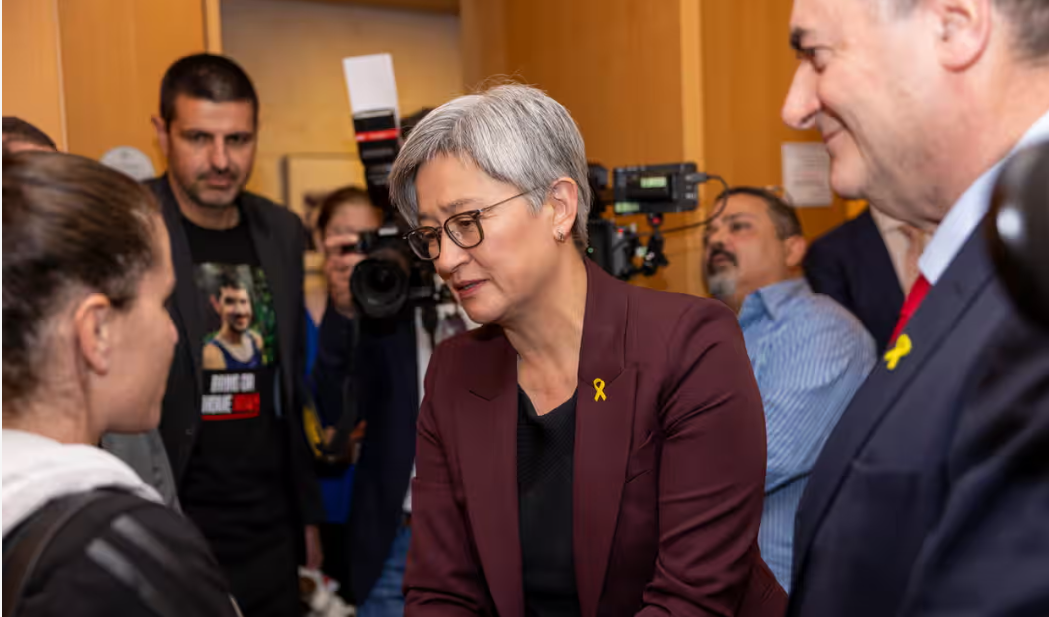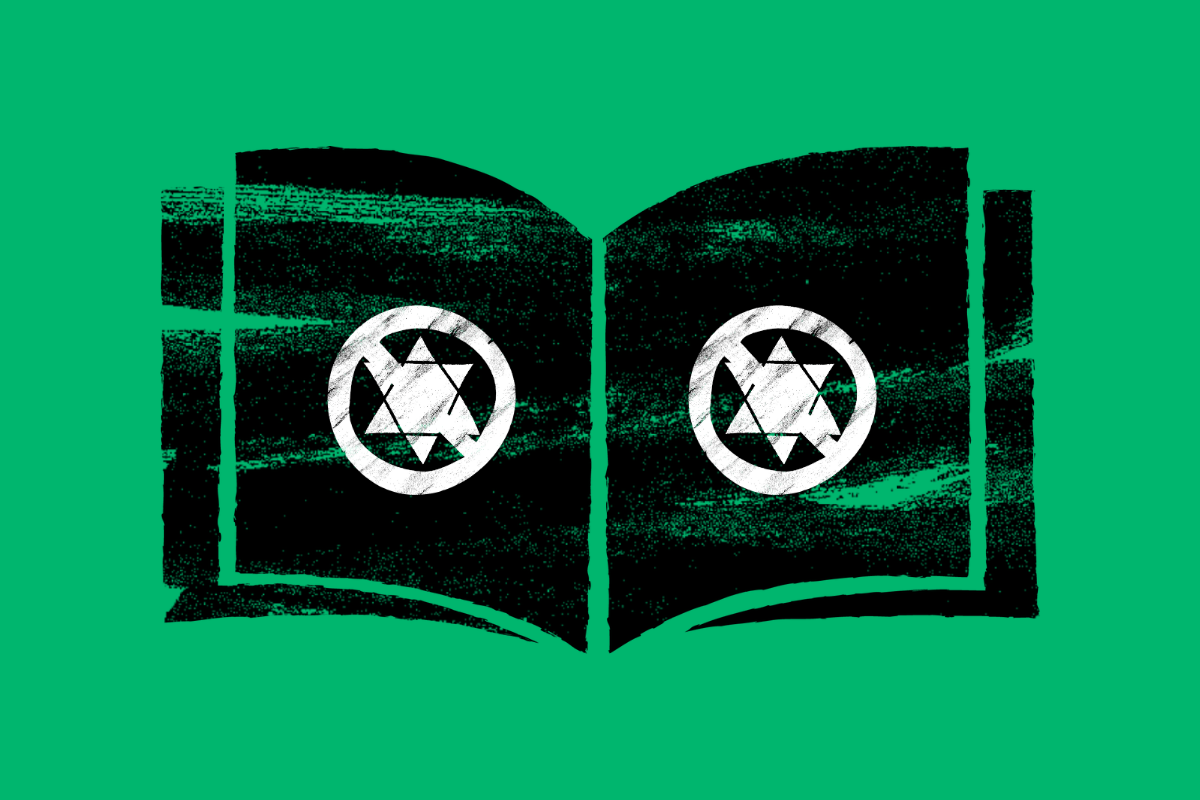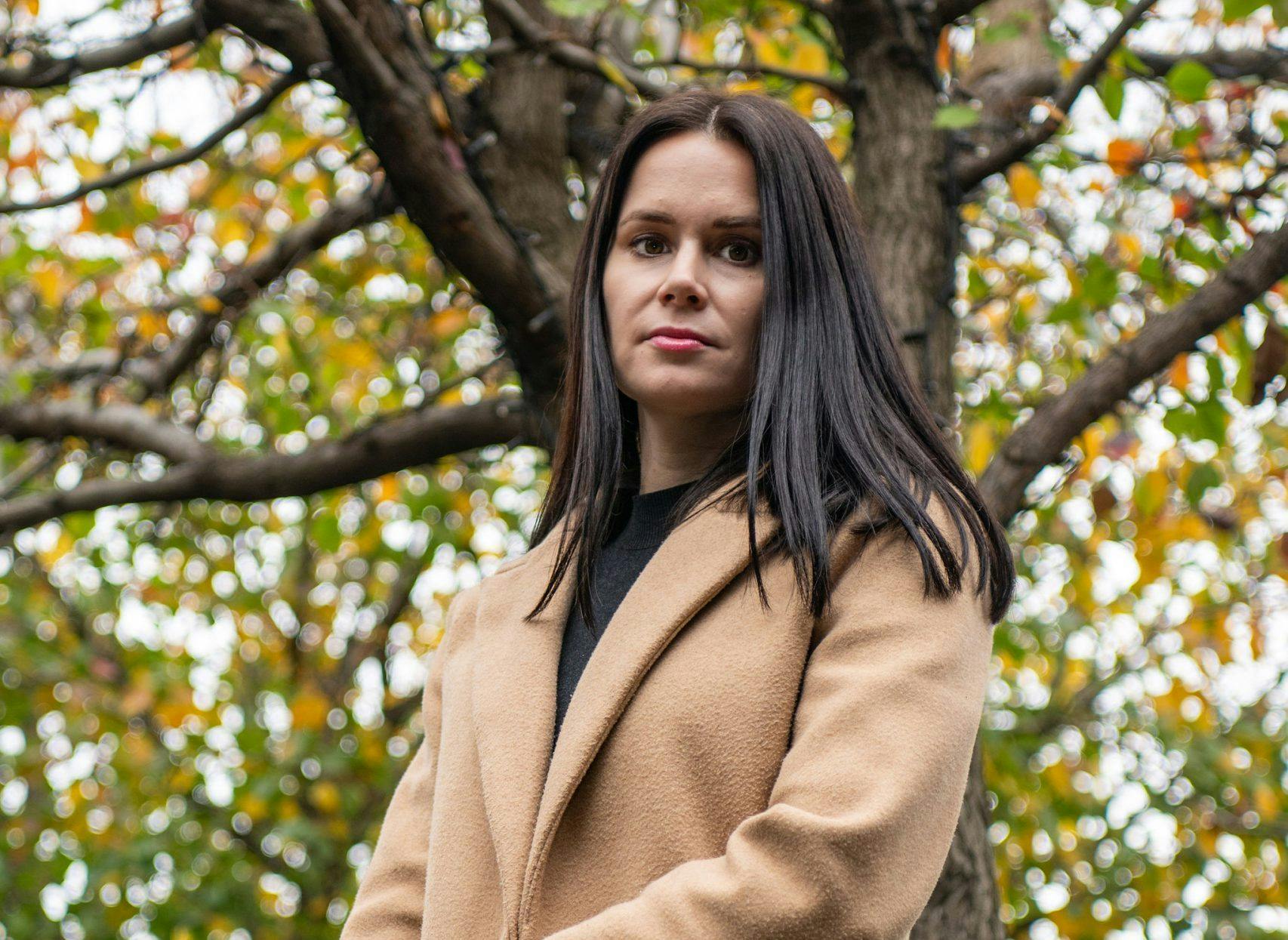Published: 11 July 2023
Last updated: 5 March 2024
A rising number of Jewish couples are choosing to ditch a traditional religious wedding in favour of a civil ceremony that is culturally Jewish. RUBY KRANER-TUCCI reports.
Nicole Rozen was “adamant not to go the traditional route” when it came to marrying her husband Gavin in March.
The couple, who live in Caulfield, had been together for almost a decade before they decided to tie the knot. Both identify strongly as Jewish, but, in their mid-50s and both having been married previously, they didn’t want a religious wedding. Instead, they had a Jewish civil ceremony that acknowledged their beliefs and better reflected their shared history.
“Being older and wiser this time, we wanted our ceremony to be modern and represent who we are as a couple,” Rozen explained. “I made our union about equality with less fanfare and more soul. It was a civil ceremony only, with a bit of Yiddishkeit thrown in.”
The couple chose a Jewish celebrant to conduct the ceremony and opted for a seaside venue on the fringes of Melbourne’s Jewish community, at the Brighton Baths. Gavin still broke the glass and his family recited the Sheva Brachot.
The result was a big day that starkly contrasted with Rozen’s first wedding– a traditional religious ceremony, complete with a rabbi, synagogue and lengthy prayers that she says felt “alien” to her connection with Judaism.
“I had a rabbi telling me what to do; I had to walk seven times around my husband; outdated rebbetzin lessons; and a mikvah that simply did not align with my personal belief system. I felt it was all thrown on me in order to marry in a shul,” she reflected.

Keren Loyer, a Melbourne-based civil celebrant who married the Rozens, has performed more than 1000 weddings for Jewish couples since 2009.
She says there has been a “big shift” towards modern Jewish weddings, with a growing number of couples choosing a civil ceremony that incorporates selective and meaningful Jewish traditions and symbols.
“It may be their second marriage so they don’t want to be married by a rabbi a second time; there is a lot of Hebrew within the ceremony and their non-Jewish guests won’t understand; they’re not affiliated with a synagogue and that this style of Judaism doesn’t resonate with them; or they want a ceremony that showcases them, their relationship and their love, as well as the Jewish traditions that are important to them,” Loyer said.
Sydney-based celebrant Tami Sussman says many Jewish couples who value equality are finding greater freedom in civil ceremonies, which she has seen demonstrated through a rise in LGBTQI+ Jewish weddings and in modern expressions of several religious traditions.
“For example, splitting the seven circles into three [for one partner] and three [for the other partner] and one around the chuppah together; both [partners] breaking a glass each; both exchanging rings; and both signing a bespoke ketubah,” she said.

Jed Long, 34, and Tanya Kaye, 33, made these kinds of choices for their wedding in Sydney early this year. While neither is “particularly religious”, they felt it was important for their ceremony to reflect their relationship with Judaism and familial history.
“My grandfather migrated to Australia from Germany in the war and Tanya's parents migrated to Australia from South Africa,” Long explained.
“Jewish culture is a big part of our lives and something that we see as important … and that we respect as a result of these experiences. We wanted to integrate [Jewish tradition] into our own ceremony as a touchstone to our culture and roots.
“I made the Chuppah out of bamboo, we used Tanya's dad’s tallit to cover it and my sister covered it with flowers. We asked seven special family [members] and friends to each make up their own blessings, and we walked around each other three times each and once together while my brother played a song for us.
“At the end we broke a glass and had a hora. We had a friend’s band play that night – the lead member taught himself how to play the clarinet so he could play Hava Nagila and the dance floor went off.”
Couples who choose civil Jewish weddings frequently maintain Jewish practices in the home they build together.
Rozen has regular Friday night dinners with family, her husband Gavin attends shul on high holy days. Long’s family are raising their two daughters through their “own unique form of Judaism”. “I love the sense of community, and even though we are not religious, it is nice to have culture and ritual as part of our lives,” he said.
This strong connection is not surprising for Sussman, who finds most of her couples still perceive their weddings as traditional Jewish ceremonies, despite religion not being at the centre of their ceremonies or lives.
“Some believe it’s inauthentic as non-practicing Jews to suddenly place religion at the centre of their wedding. Others want to distance themselves from Jewish law completely, [including] women who feel let down by the arduous and emotionally taxing process of receiving a get from their previous husband,” she said.
It’s a sentiment that resonates with Loyer. “Being Jewish is a feeling, a culture and [about] being part of a tribe. I believe Jewish couples do not feel that they are less Jewish or have less of a Jewish identity by not being married by a rabbi,” she said.
RELATED STORY
The 2023 Jewish Revolt: Why Israelis are rejecting the Rabbinate (Haaretz)
From weddings and bar/bat mitzvahs to conversions and kashrut certification, there's a surge in demand for services outside the state-run Chief Rabbinate, increasingly seen as a coercive power centre for the most right-wing religious government in Israel’s history.
Top photo: Tanya Kaye and Jed Long under the chuppah at their wedding.




